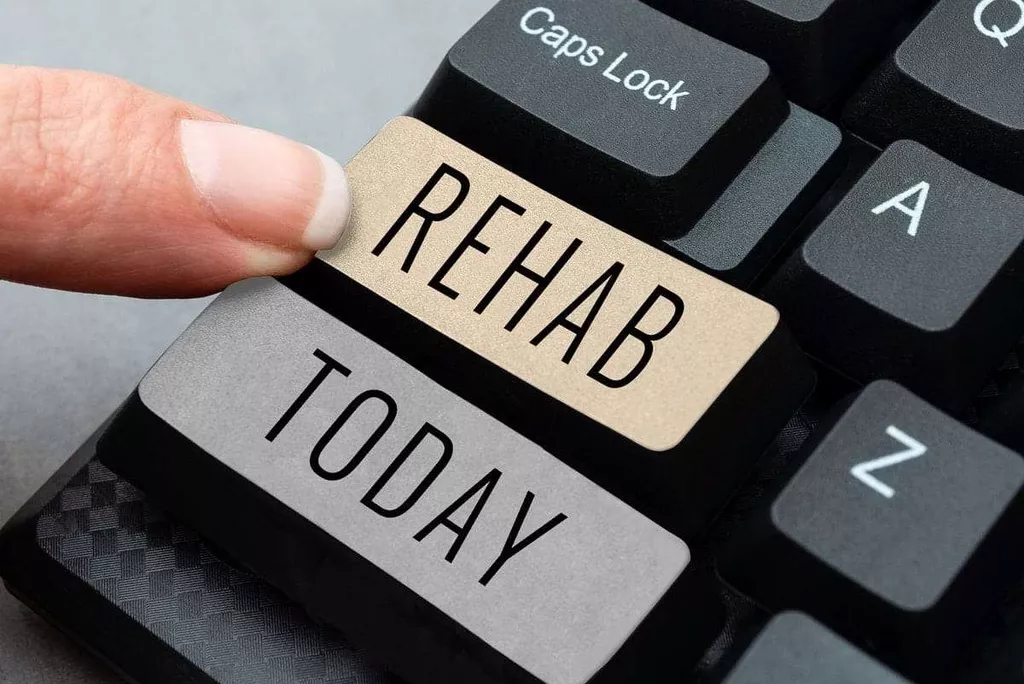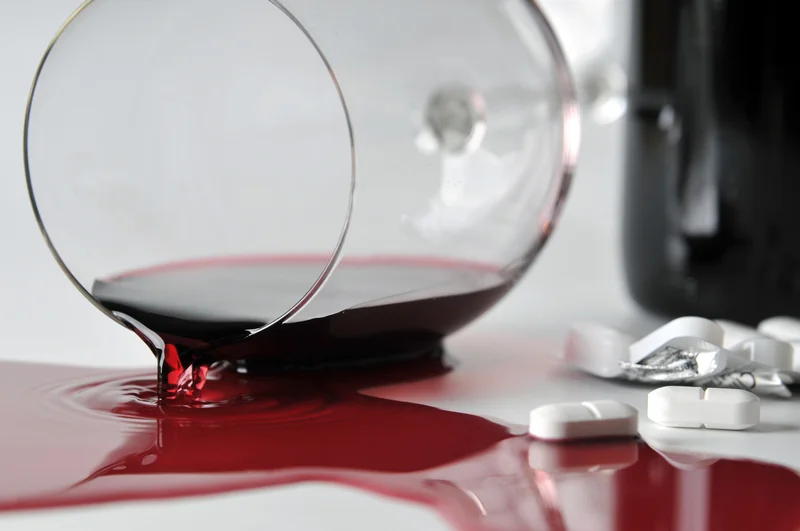A Guide to Preventing Older Adult Medication Misuse Abuse

Older adults have higher rates of chronic pain, and opioid prescription fill rates were disproportionately higher among adults aged 65 years or older from 2008–2018 55. Han et al. found that, among adults 65 years and older, an estimated 1.2% reported past-year prescription opioid misuse in 2015–2016 56. The overall number of older adults reporting binge and heavy drinking was likely grossly underestimated when considering that the binge what is the best treatment for substance abuse for older adults threshold for older adults is typically considered to be 3 drinks per day for men and 2 drinks per day for women.
How To Choose Addiction Treatment For Older Adults

As mentioned above, loved ones may miss the signs of addiction in older adults because many of these signs overlap with typical signs of aging. An older adult may respond to therapy differently than research may suggest, as the existing research may not account for their experiences. However, the available research does point to some specific risks and consequences. In recent years, the U.S. government and many state governments have tightened opioid restrictions, and many doctors prescribe opioids less frequently.
Chapter 9—Resources for Treating Substance Use Disorder in Older Adults
- Your health insurance company will only pay for services that it determines to be “reasonable and necessary.” The treatment center will make every effort to have all services preauthorized by your health insurance company.
- Because of the diagnostic challenges outlined earlier, the MAST-G focuses more on potential stressors and behaviors relevant to alcohol use in late life, as opposed to questions toward family, vocational, and legal consequences of use.
- Family members and caregivers can recognize substance use disorder in older adults by observing changes in behavior, physical appearance, and social interactions.
- Older-adult substance users may not present with the same symptoms as their younger counterparts and, therefore, may be more difficult to identify.
Collaborative models of care can achieve this goal either in-person or with the use of digital technologies (Ramuji et al., 2019). The Substance Abuse and Mental Health Services Administration (SAMHSA) and the National Institute on Drug Abuse (NIDA) collect various data pieces on how to better serve the elderly population that may be suffering from co-occurring disorders. The National Institute on Aging (NIA), under the umbrella of the National Institute of Health (NIH), also has information on aging and Alzheimer’s research that can be beneficial to therapists working with older adults suffering with substance use disorders. Facilities specializing in substance use treatment for older populations, such as Ashley’s addiction recovery programs, provide the necessary expertise to help seniors navigate recovery safely and effectively. To help head off this path to addiction, family members and caregivers need to know if their older adult is getting needed social services, is connected to a nearby senior care center, has in-home care or social worker support if needed, and has other social supports in place.

Alcohol and Medication Interactions
These programs offer patient -centered services in a safe and nonthreatening environment; building upon the life https://ecosoberhouse.com/ experience of the individual and treating them with dignity and respect. To find another treatment program, browse the top-rated addiction treatment facilities in each state by visiting our homepage, or by viewing the SAMHSA Treatment Services Locator. Older adults and their loved ones might start by looking for Medicare-accepting services. Rehab centers often offer specialized programs, such as addiction treatment for LGBTQ people, veterans, and young adults. Although some stigma still surrounds mental health disorders, public attitudes are shifting considerably, and younger adults often have favorable views of mental health treatment.
Service Utilization
In fact, most seniors experience reduced tolerance due to age-related physiologic changes that augment the effects of alcohol and other drugs. Denial of addiction may be stronger in older adults than in younger people, but it Sober living home is worth the effort to engage the patient and the patient’s family in recovery efforts and learn new ways of communicating. Elders are able to utilize offered treatments and benefit from the positive effects of brief interventions, education, counseling and inpatient treatment. As the U.S. faces the challenge of caring for an increasingly large population of older adults who have significant health care needs, research indicates this population is continuing to use alcohol and psychoactive prescription medications at a higher rate than previous generations. Readers can learn about the different types of treatment available, how to find treatment, costs of treatment, insurance coverage, and options for support throughout recovery.

